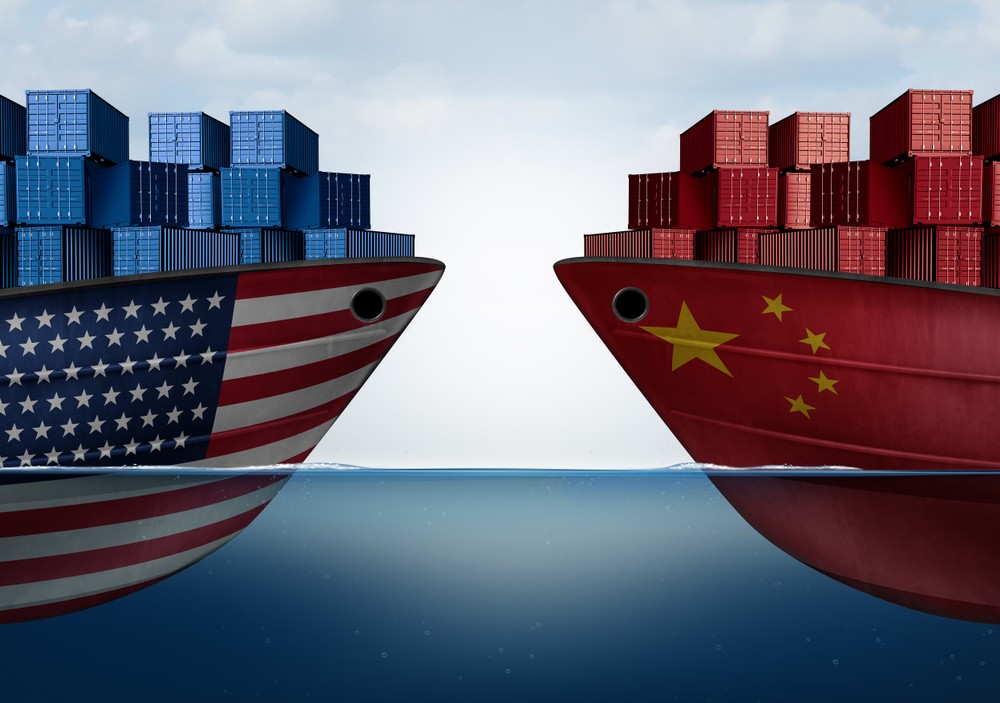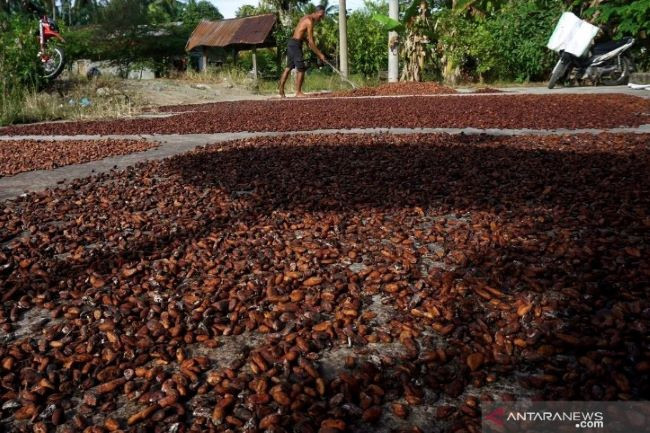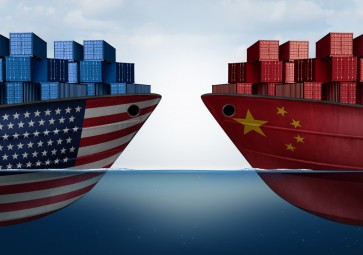US-China trade war: Lessons to learn
Change Size
 US-China trade war. (Shutterstock/-)
US-China trade war. (Shutterstock/-)
T
he trade spat between China and the United States has adversely affected Indonesia’s economy and financial markets in recent months. Many policymakers and economists are worried that a prolonged trade war would damage Indonesia’s long-term economic output. Unfortunately, they all have reasons to be concerned.
Short-term indicators provide some worrisome signs. The most important indicator is exports, the negative effects of which can be transmitted through two channels.
First, the US and China’s economies are facing economic slowdowns because of the trade war. The slowdowns in turn generate lower demand for goods and cause both economies to import less. Indonesia’s exports to China have declined by 13 percent to US$5.7 billion in the first quarter of 2019 compared with the fourth quarter of 2018, according to Bank Indonesia.
Likewise, exports to the US fell 8 percent to $4.2 billion. Since both countries are among Indonesia’s top-five trading partners (with China being the largest), the economic consequences could be extensively damaging.
The second channel is through the potential spread of protectionist trade policies to other countries. This means some countries may take some retaliatory measures to protect their economies from the trade war and become more protective. However, this channel is less straightforward since it is hard to forecast and may take a longer time to materialize.
On top of the effect of the trade war on Indonesia’s exports, China and, to smaller extent, the US are also forced by the trade war to divert trade to new markets, including Indonesia. As a consequence, Indonesia may expect higher imports from this trade diversion.
This effect is particularly bad in sectors with low competitiveness and productivity. For instance, in the tire industry, imports from China increased 90 percent from a year earlier to $158 million during the first half of 2018. This was mainly driven by Chinese tire exporters entering Indonesia’s market, thus resulting in intensified competition.

















